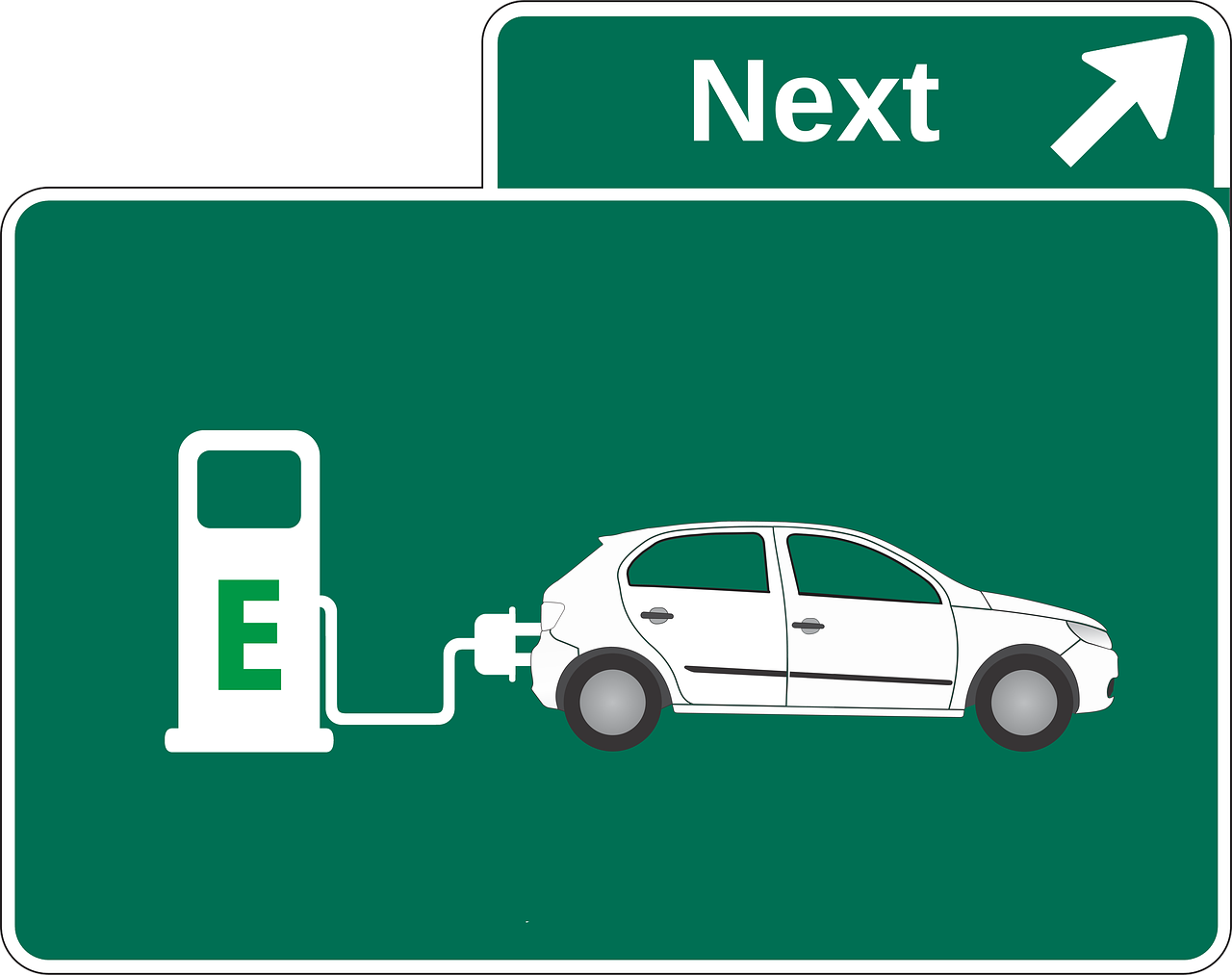Breakthrough Enables Full Recharge of an Electric Vehicle in 10-Minutes

Electric vehicle owners may soon be able to pull into a fueling station, plug their car in, go to the restroom, get a cup of coffee and in 10 minutes, drive out with a fully charged battery, according to a team of engineers.
“We demonstrated that we can charge an electrical vehicle in ten minutes for a 200 to 300 mile range,” said Chao-Yang Wang, William E. Diefenderfer Chair of mechanical engineering, professor of chemical engineering and professor of materials science and engineering, and director of the Electrochemical Engine Center at Penn State. “And we can do this maintaining 2,500 charging cycles, or the equivalent of half a million miles of travel.”
Lithium-ion batteries degrade when rapidly charged at ambient temperatures under 50 degrees Fahrenheit because, rather than the lithium ions smoothly being inserted into the carbon anodes, the lithium deposits in spikes on the anode surface. This lithium plating reduces cell capacity, but also can cause electrical spikes and unsafe battery conditions.
Batteries heated above the lithium plating threshold, whether by external or internal heating, will not exhibit lithium plating.
The researchers had previously developed their battery to charge at 50 degrees F in 15 minutes. Charging at higher temperatures would be more efficient, but long periods of high heat also degrade the batteries.
“Fast charging is the key to enabling widespread introduction of electric vehicles,” said Wang.
Wang and his team realized that if the batteries could heat up to 140 degrees F for only 10 minutes and then rapidly cool to ambient temperatures, lithium spikes would not form and heat degradation of the battery would also not occur. They report their results in the October 30, 2019, issue of Joule.
Read the full article on Science Daily
